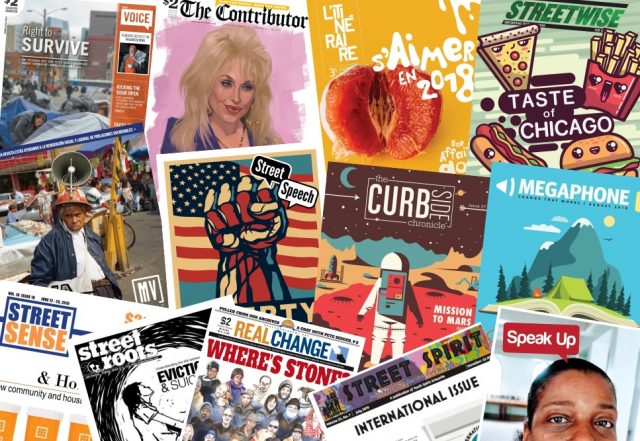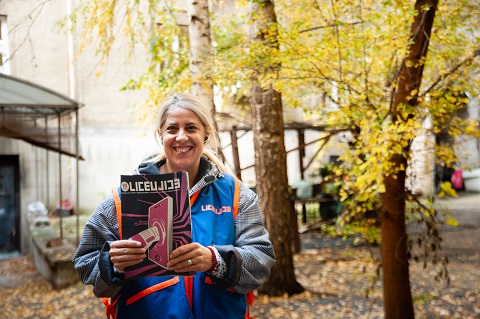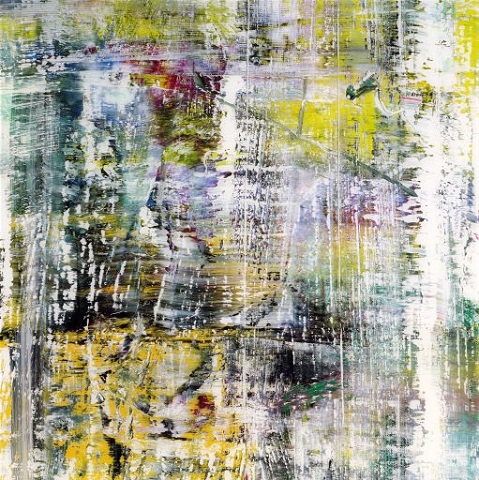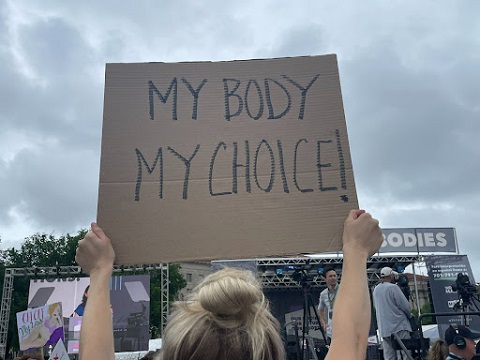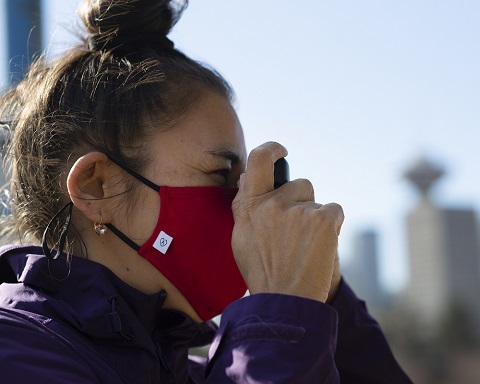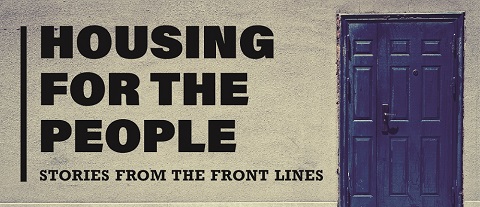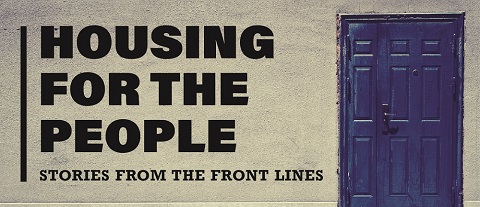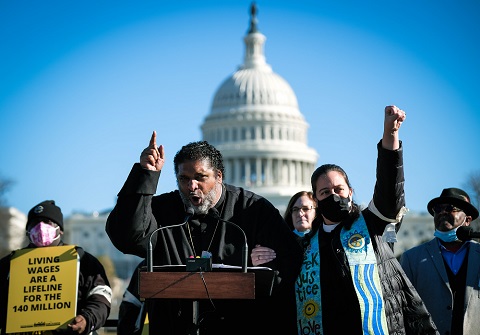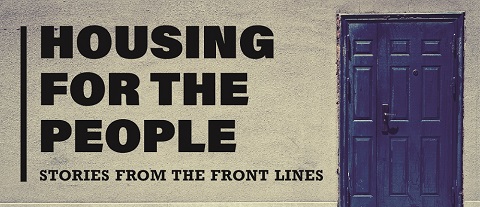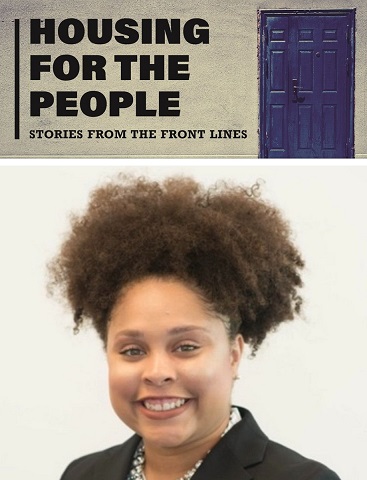Street paper vendors have started to return to their pitches in certain parts of the world as lockdown restrictions to combat the spread of COVID-19 have begun to be lifted.
A majority of street papers across the world had paused print publication and asked their vendors to stop selling on the street when it became clear stay-at-home orders, state of emergency declarations and other measures taken by governments to tackle the spread of the virus would make it impossible for vendors to sell in the normal way – on the streets.
While many remain on hold, and a select few have never stopped, INSP spoke to those papers, now moving from an unprecedented gap in their production and sales to reopening, about the preparation they’ve carried out, and precautions they have taken, to ensure that vendors and customers can interact safely and in accordance with social distancing guidelines.
![Asphalt vendor Tina wearing PPE while selling. [Credit: Jelca Kollatsch]](https://hub.insp.ngo/wp-content/uploads/2020/05/INSP_Street-papers-reopen_1-1.jpg)
Germany was one of the first European countries to see a way out of quarantine, with many praising the country’s initial response to the virus. But with a federalist system, each of its separate states have their own rules, placing street papers in different regions on different timetables.
Asphalt in Hannover has allowed vendors back on the street since 30 April. The 200 strong team had been kept going by 25 Euros worth of shopping vouchers distributed to each of them per week since the start of the crisis. To restart, Asphalt spent around 10,000 Euros on hygiene products and personal protective equipment (PPE) for its vendors.
Georg Rinke, the street paper’s director, told INSP: “[Everyone] is doing well, but the time off has been most difficult for our vendors, especially because of the lack of social contact.
“[So they can sell again] we have equipped them with disinfectants, respiratory masks and are recommending that they carry out sales with minimal contact. Of course, there remain concerns, but our vendors have expressed a desire to be out selling and we want to respect their right to self-determination. Nevertheless, we will continue to issue shopping vouchers until the end of May so that the vendors don’t feel pressure to work and sell. Having said that, sales have been extremely positive so far.”
![Asphalt vendors back selling on the streets, wearing PPE and practising a method of contact-free selling. [Courtesy of Asphalt]](https://hub.insp.ngo/wp-content/uploads/2020/05/INSP_Street-papers-reopen_2.jpg)
Nuremberg’s Strassenkreuzer has seen vendors selling again since 4 May, also with provided PPE like gloves, masks and hand sanitiser. The response has been so good, its editor Ilse Weiss explained, they expect to sell out of their current issue.
Lukas Lehmann, CEO of Hempels, a street paper in the Schleswig-Holstein region of Germany also back on sale as of 4 May, outlined the kind of discussions staff were having behind the scenes to ensure vendors were in the best possible position to begin selling again. There, vendors who wanted to go back to work could, and even some of Hempels’ oldest vendors have done so. In the end, Lehmann explained, it came down to allowing people to make their own judgements.
![Strassenkreuzer vendor distribution office reopens. [Courtesy of Strassenkreuzer]](https://hub.insp.ngo/wp-content/uploads/2020/05/INSP_Street-papers-reopen_3.jpg)
He said: “We cannot claim to control the lives of our vendors nor do we aspire to. We are in the business of giving people responsibility after all.
“We have informed people about the risks to the best of our abilities. We are providing those we deem at risk with care packages so there is less pressure to go sell. Ultimately, we have also seen that the period of enforced isolation meant that many of our vendors chose to find social contacts on the street. In our view, returning to selling provides a meaningful alternative to that, particularly to those vulnerable to addictions.”
![PPE donations and letters to vendors from supporters. [Courtesy of Strassenkreuzer]](https://hub.insp.ngo/wp-content/uploads/2020/05/INSP_Street-papers-reopen_4.jpg)
![PPE donations and letters to vendors from supporters. [Courtesy of Strassenkreuzer]](https://hub.insp.ngo/wp-content/uploads/2020/05/INSP_Street-papers-reopen_5.jpg)
In Serbia, the government had called a state of emergency and imposed a curfew to ensure its population stayed at home while the pandemic spread. Just over ten days ago, that was lifted, and last week street paper Liceulice and its vendors reappeared on the country’s streets.
At first 20 per cent of the magazine’s vendors returned to work, and staff expect that to rise to 50 per cent by the end of this week, including some new vendors.
Coinciding with the end of the Serbian state of emergency came recommendations to wear face masks in enclosed spaces such as shops and malls, and to practice social distancing at all times along with the prohibition of mass public gatherings.
![Hempels vendor Ana Maria selling in Kiel. [Credit: Cathrina Neubert]](https://hub.insp.ngo/wp-content/uploads/2020/05/INSP_Street-papers-reopen_11-1.jpg)
Liceulice is providing vendors with all the protection deemed necessary to be out in public again: masks, gloves, hand sanitiser and even full face visors, thanks to a donation. Staff continue to encourage general hygiene and the thorough and frequent washing of hands.
Liceulice program coordinator Nikoleta Kosovac explained to INSP the response of vendors to being able to work again, and why it is so important for them that they do.
She said: “[Vendors] felt the need for it. Not just because of the obvious financial reasons, but also because they wanted to feel needed again, to have something to do during the day. For lots of our vendors, selling the magazine is a kind of working therapy.
![Liceulice vendors back selling wearing visors and other PPE. [Courtesy of Liceulice]](https://hub.insp.ngo/wp-content/uploads/2020/05/INSP_Street-papers-reopen_6.jpg)
“We think that they are all ‘at risk’ and do everything we can to protect them. We have concerns like that at all times, not just during this pandemic. We decided to let them choose for themselves. We advise them to be careful, and inform them about the situation in the city, but in the end let them decide.”
Kosovac also praised the support of the magazine’s readership.
“For now, the response is amazing,” she said. “People are very supportive. They do not have any problems getting in contact with vendors or buying the magazine. For now, we are selling old issues and people love it because now they can complete their Liceulice collection.
“They’ve been supportive during the state of emergency, too. They’ve been donating and sending messages of support and love.”
In the US, things are a little more muddled due to the lack of cohesive leadership coming from government. Many street paper vendors remain off the streets in accordance with restrictions put in place by federal governments. But some states are beginning, for better or worse, to reopen.
![Liceulice vendors back selling wearing visors and other PPE. [Courtesy of Liceulice]](https://hub.insp.ngo/wp-content/uploads/2020/05/INSP_Street-papers-reopen_7.jpg)
Street Speech, in Columbus, Ohio, is one of the first American street papers to return after a temporary shutdown.
The street paper’s director Keith McCormish told INSP: “We started selling again on 4 May in Columbus. The offices downtown were opening, so we decided to start back. We wish to follow the state governor’s orders about safety, but most businesses are opening back up slowly in Ohio, and so we feel it is okay to open as well.
“Most of our vendors have been more concerned about the loss of income from sales. They are quite willing to wear protective gear and want to help the public stay safe. Our ‘at risk’ vendors haven’t come back yet. We put together individual packets with masks, gloves, and hand sanitiser for vendors and give them out when they come to purchase papers.
“Sales are way down. People are more cautious and staying six feet away from others, so it will likely remain an ongoing problem.”
In contrast, Norway’s =Oslo was one of the first street papers to have vendors begin selling again, reopening on 27 April after a six-week layoff.
A society and government that has tackled the pandemic effectively, coupled with a fruitful lockdown period, has made =Oslo’s restart a success.
The magazine’s business and administrative manager Remi Moen outlined why.
“Norwegian society is now almost coronavirus-free,” he said. “We still have rules about social distancing [people must remain two metres apart, with gatherings of no more than 20 people] but the number of people in intensive care is under 100. Borders are practically still closed.
“Our vendors were given facemasks (for those who wanted them), rubber gloves, antibacterial sanitiser, and other PPE and hygiene products when they returned for work. We have a good feeling about their well-being. Those considered ‘at risk’ simply remained at home, though most of them are back.
“As long as the health authorities are giving us the green light, we have to adjust to that. There is always a risk for our group to pick up health problems others will not get, but this is a usual part of their circumstances [in a pandemic, or not]. And we believe this situation will be worse if we ban them from selling.”
During the lockdown, =Oslo raised the equivalent of $70,000 for vendors, and when they returned offered 20 free magazines and a buy-one-get-one-free scheme to boost their income. Sales have been encouraging too.
![=Oslo interview with the norwegian health minister, Bent Høie, at the =Kaffe coffee shop in the Norwegian capital. [Courtesy of =Oslo]](https://hub.insp.ngo/wp-content/uploads/2020/05/INSP_Street-papers-reopen_8.jpg)
“[Readers] have been supportive,” said Moen. “Sales in May have been double that of a normal month.
“We spent the shutdown period quite well, by making a TV-broadcast sent live on Facebook focusing on how our vendors were coping. This was sent each Wednesday, and each episode was seen by about 60,000 people.”
While the picture is generally a comforting and promising one, it remains early days. When asked, all interviewees recommended that street papers yet to reopen exercise patience and trust in vendors. The flexibility, fact reaction times and innovativeness of these street paper organisations in dealing with this crisis have put them in the best possible position to come out the other end of the COVID-19 pandemic still fighting.
Even as restrictions ease, street papers and their vendors still need your support. Find out how to support your local street paper here.




